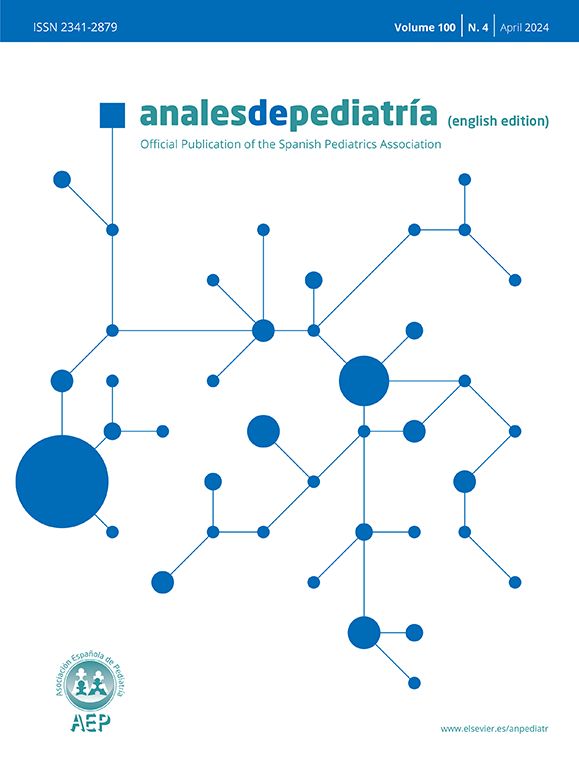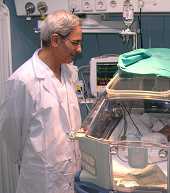We would like to thank Dr Teixeira da Silva1 for his comments on our paper,2 which contributed to enrich the debate on peer review with the aim of improving its quality and peer participation and performance. However, we have some reservations about certain aspects of the proposal, as we consider that they are either not new or not feasible.
First, we believe it is unnecessary to create new organizations. Instead, it would be more efficient and practical to establish a committee within an existing established organization (i.e., COPE, WAME, ICMJE). This approach would avoid duplicating efforts and resources, while bolstering the recognition and visibility of the committee.
Second, the proposal, though interesting in some parts, has some arbitrary points that are not based on evidence. Why 3 specialists for each expert field, instead of 5 or 7? What is the definition of a research field? Which is the level of detail of such experts? Different fields would need a proportionate number of experts for any specialty or subspecialty within them.
A further issue is related to the payments by journals. While it makes sense to suggest a nominal fee to the IPRAP based on the number and rank of reviewers, some journals do not have a for-profit business model, and therefore they could not pay such reviewers. In journals which are for-profit, how much would the fee be? This would also depend on the number of manuscripts received per journal. The greater the number of papers submitted, the greater the expenditure in reviewers. Would this mean that top journals that receive a high number of papers should invest more money on peer review compared to journals with a lower impact factor, even though the latter may publish more papers? It is also crucial to consider financial compensation for editors, who play an essential role in the process. Furthermore, we have concerns regarding the availability of accredited reviewers in cases where an article is rejected by multiple journals, depleting the pool of trained reviewers in that field. Would this mean that the article could not be published? In addition, the proposed accreditation process seems complex and time-consuming, which could be discouraging for potential reviewers, especially if it must be repeated annually.
We do agree with Dr Teixeira da Silva that it is unfair that while some publishers are making a lot of money publishing journals, mainly through author fees, peer review work is done completely for free, and new mechanisms to avoid this should be established. However, we believe it is important to consider the limitations of the presented proposal.
We strongly believe that the peer review system can be substantially improved, which would entail not only the skills of reviewers but also how peer review is performed (anonymous or open process), the facilitation of peer review by journals (by using a common template for reviews3) and making peer reviews available to the audience (whether the identity of the reviewers is disclosed or not). We think that the whole scientific community should reflect on the accountability of the current peer review system and on different ways to sustain yet correct it.





